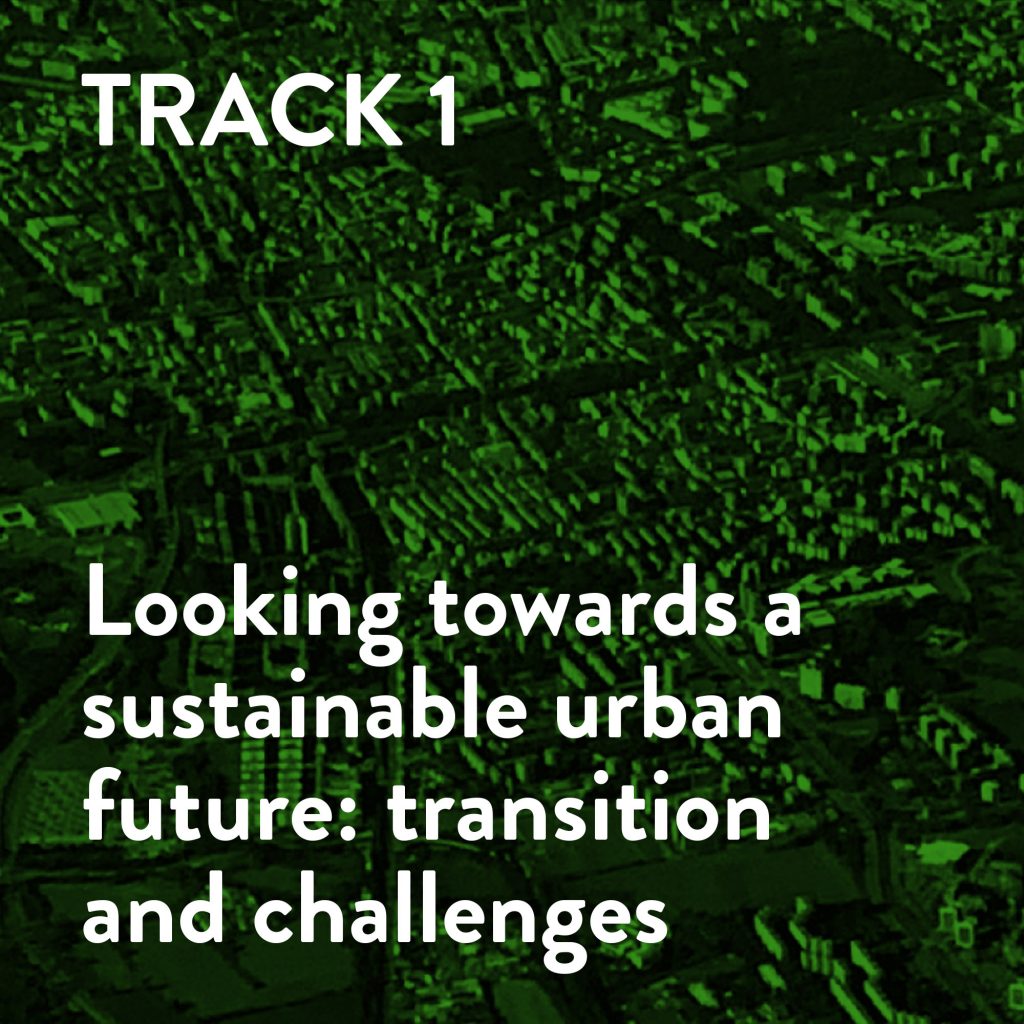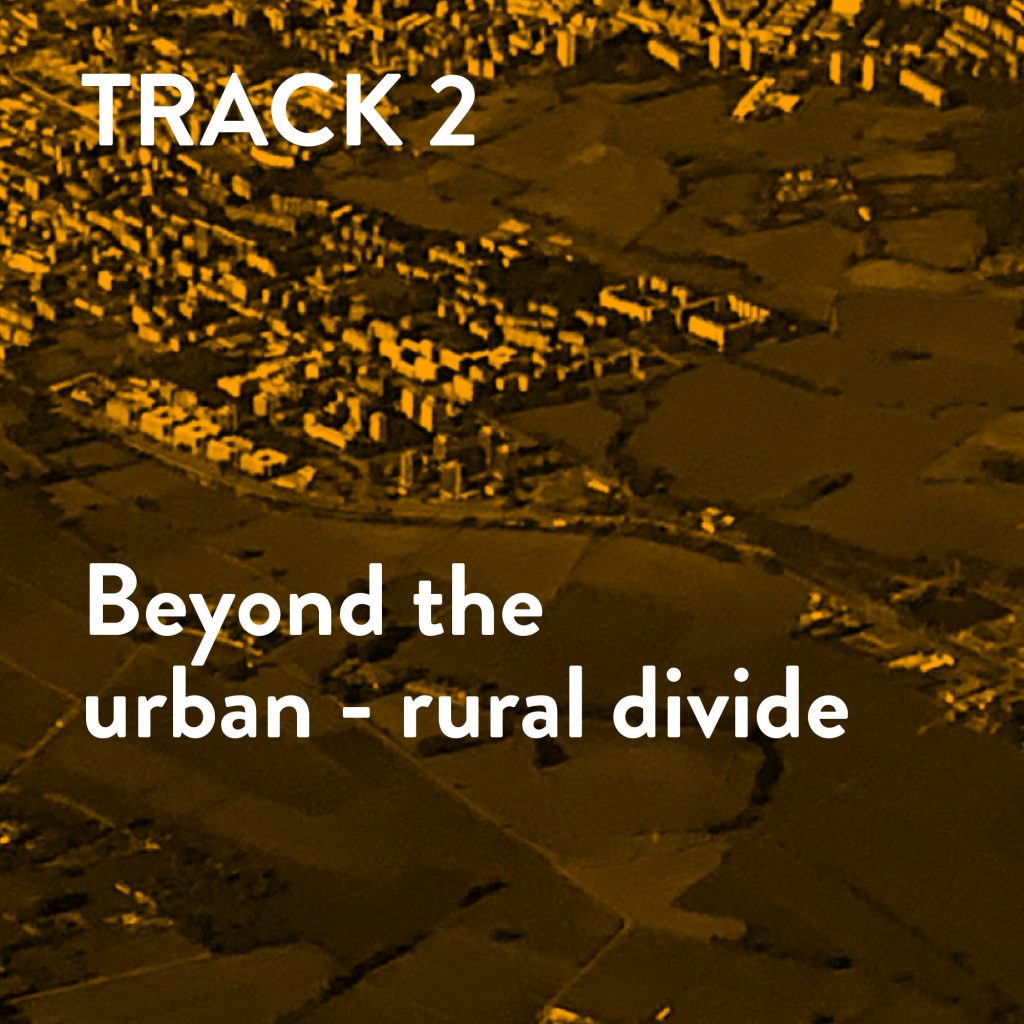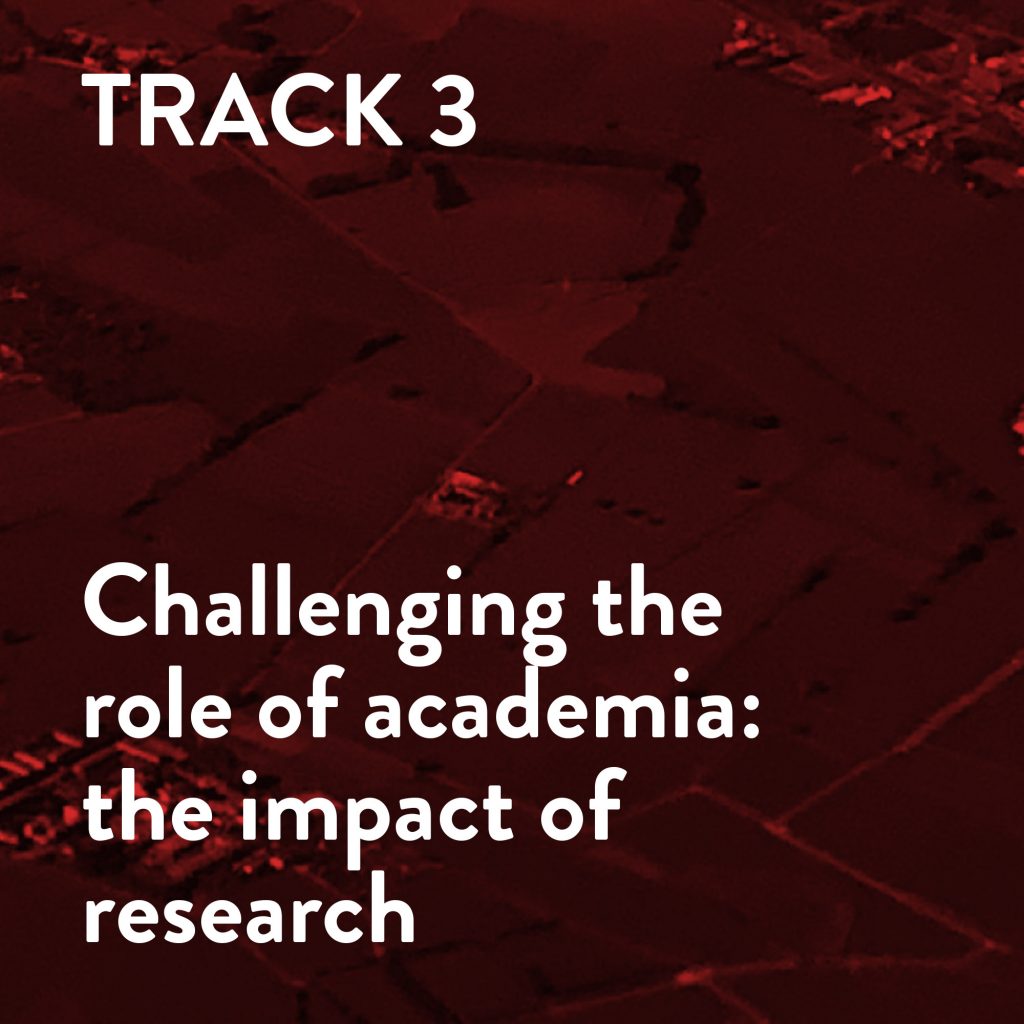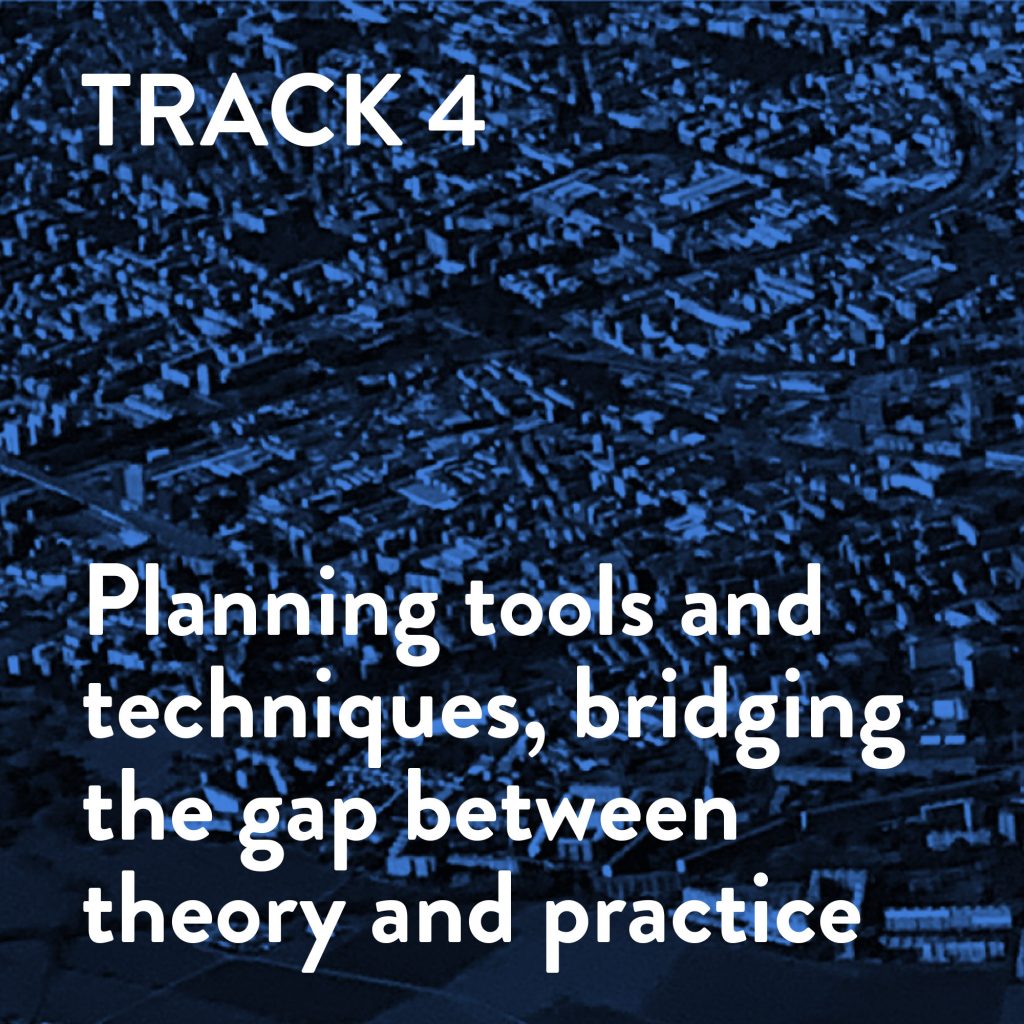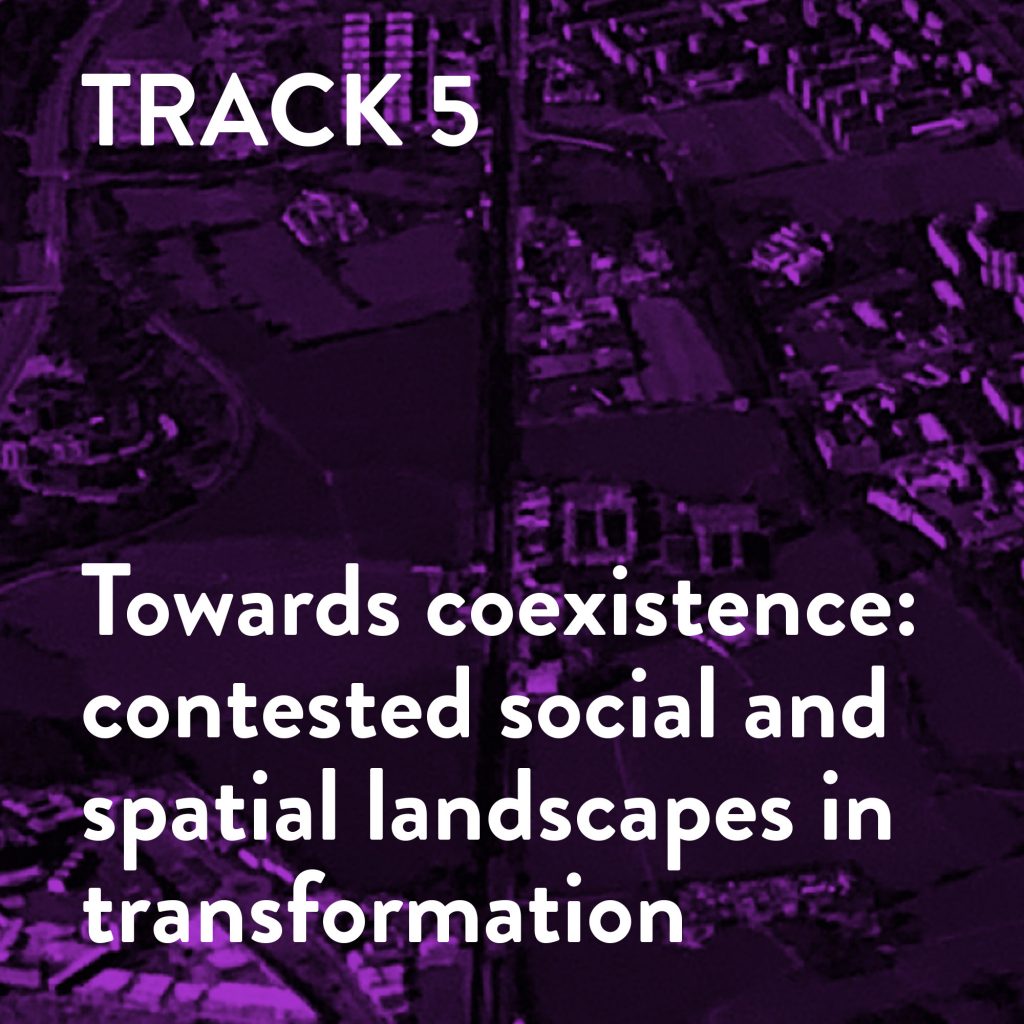Programme
Workshops
1
Bridging Theory and Practice: Innovations in Urban Planning Communication
Friday 22 March 2024 ● 09:30-13:00 ● Educafè / Building 2
Workshop 1 focuses on bridging the gap between theoretical urban planning concepts and their practical applications. In collaboration with Urbinary podcast, we aim to explore innovative communication strategies that connect academia with broader audiences, fostering understanding and collaboration in urban planning. The workshop seeks to transcend traditional modes of communication in urban planning, emphasizing inclusivity and impact. We aim to bridge the divide between theoretical frameworks and real-world applications, engaging both academic and non-academic audiences. By cultivating innovative communication strategies, we aim to empower participants to bring urban planning concepts to life in ways that resonate with diverse audiences. The workshop will be structured as follows
1. Opening Dialogue _ We’ll kick off with a discussion featuring guests from academic and non-academic backgrounds, exploring effective communication strategies in urban planning.
2. Interactive Group Sessions _ Participants will be divided into small groups based on their preferred forms of communication. Groups will select a research project and work collaboratively to present it in an accessible manner.
3. Group Presentations _ Each group will showcase their outcomes, highlighting diverse communication methods. Creativity and innovation in presenting research findings will be encouraged.
Guests: Eugenio Morello (DAStU, Politecnico di Milano), Daniele Villa (DAStU, Politecnico di Milano), Giovanni Hänninen (DAStU, Politecnico di Milano), Urban Pills, Enrico Bartolucci, Francesca Tilio, Ahmet Aslan
Organised by Busra Ince, Anita Martinelli & Giulia Oldani (PhD candidates, DAStU, Politecnico di Milano) & LOC
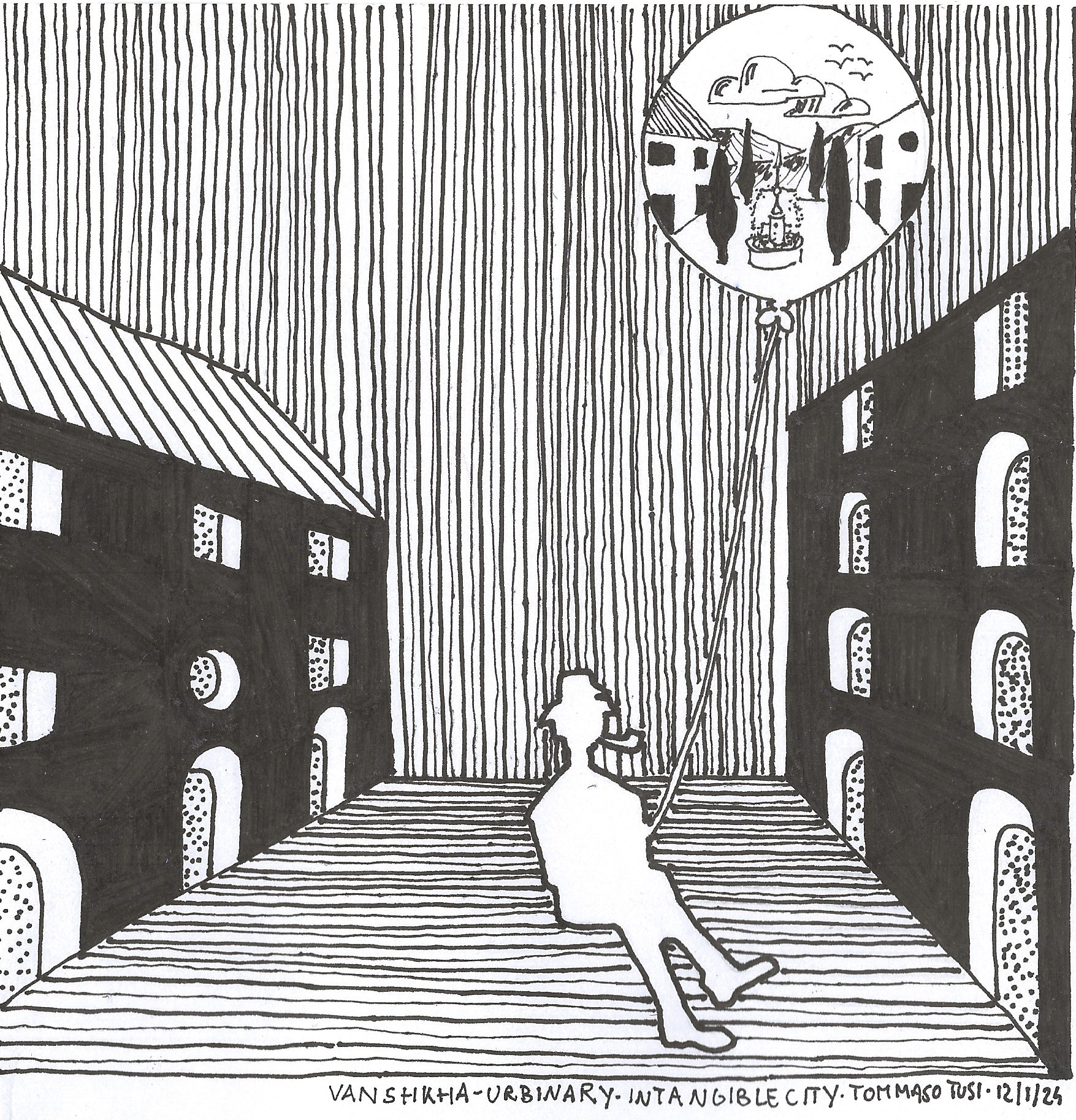
2
Self-Reflexivity as a Skill to Support Young Researchers
Friday 22 March 2024 ● 09:30-13:00 ● Room 2.2.1 / Building 2
The 18th AESOP YA Conference promotes the collaborative practice of multiple disciplinary fields, and the intersection of spatial with social, economic, and environmental phenomena in urban planning. In doing so, researchers and practitioners engage with spaces having complex contexts and histories, where the knowledge produced is often entangled with pre-existing biases and assumptions. Learning and practicing self-reflexivity, is therefore a key tool for researchers to add value to their work and be more aware of the subjectivity in their approaches and analyses.
Workshop 2 invites participants to engage in stimulating discourse and interactive exercises with other researchers and discussants. The objective is to help them reflect on areas of their personal and collaborative work, where reflexivity can help in being more socially and epistemologically responsible. The aim is to encourage participants to push beyond personal or collective limitations and engage in a process of continuous learning.
- Individual Exercises are designed to gauge familiarity and build concept clusters with the participants’ first thoughts on definitions, benefits and obstacles of reflexivity.
- Group Exercises will enable a peer coaching process for participants to examine their perspectives, and collectively reflect on the applicability and challenges of this practice.
- Discussions, Feedback and Experience Share slots will be directed to co-creating strategies and identifying gaps to improve the participants’ research approaches.
- Prompts: How do we as researchers influence or impact the research; What are some biases in your approach which you can work on neutralising?; In which stages of the research process can we apply reflexivity?; Which aspects of subjectivity can be viewed as beneficial / valuable?; How do we deal with what we do not know?!…
Collaborators: Farah Makki (Post-Doc Research Fellow at DAStU, Politecnico di Milano, Co-creator for engagement processes within UIA Air-Break Ferrara) [Action Research, Co-creation, Inclusive Place-making] / Beatrice Maria Bellè (Post-Doc Research Fellow at Dipartimento di Design, Politecnico di Milano) [Urban renovation, Policy-Making Processes, Social innovation] / Dimitra Xidous (Research Fellow in Trinity College Dublin) [People-Centred Design of the Built Environment; Co-Production; Stakeholder Engagement; Arts-Based Approaches]
Discussant: Giada Casarin (Urban Geographer and Research fellow Citta-IN CALL, DAStU Politecnico di Milano) [Territorial Stigma, Spatial inequalities, Participatory Practices]
Organised by Aamina Shahid & Chenling Wu (PhD candidates, DAStU, Politecnico di Milano) & LOC

“Reflexivity generally refers to the examination of one’s own beliefs, judgments and practices during the research process and how these may have influenced the research. If positionality refers to what we know and believe, then reflexivity is about what we do with this knowledge. Reflexivity involves questioning one’s own taken for granted assumptions“
Warwick, 2023
